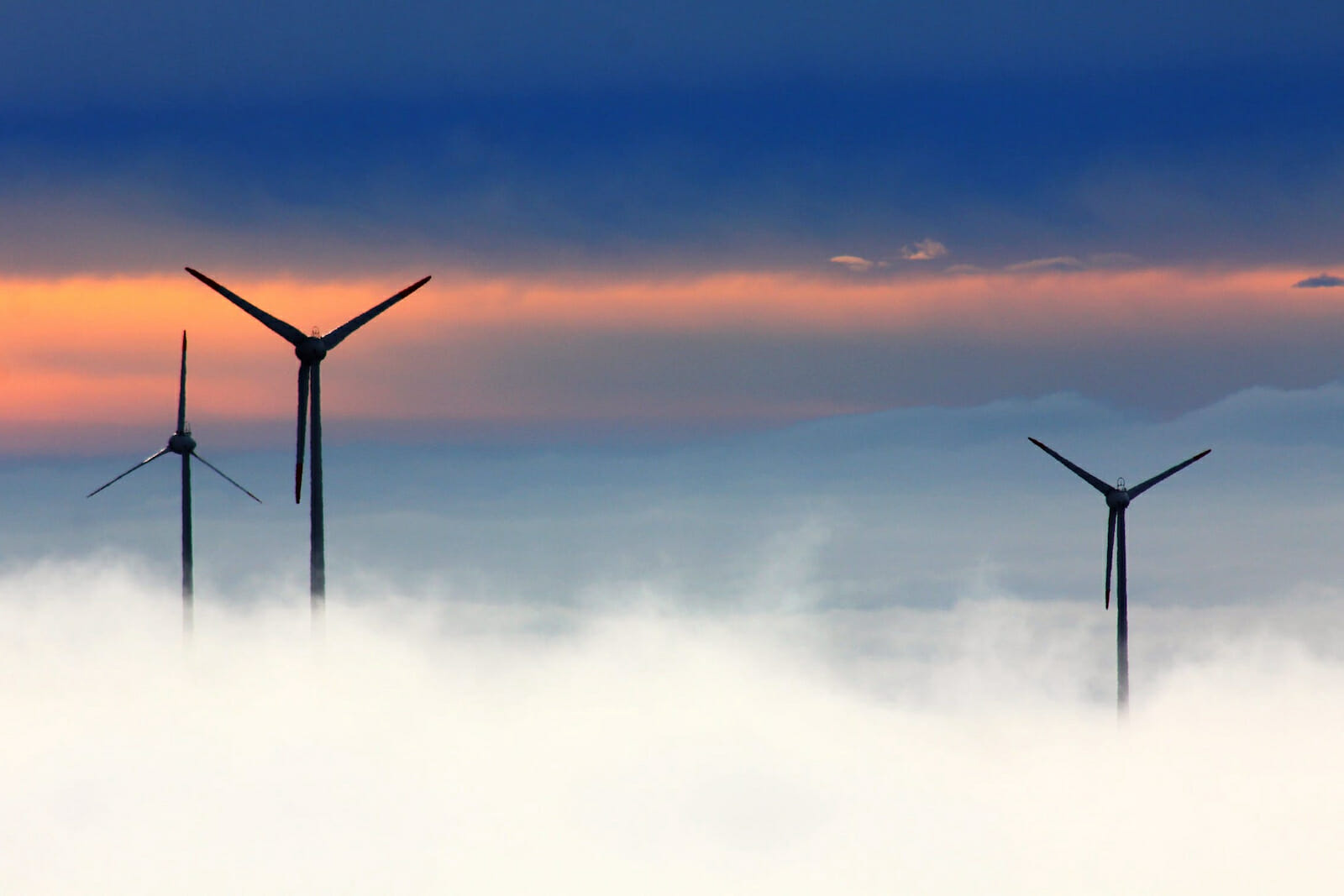
Renewable Energy: Our Only Future
The Paris Agreement was signed by 175 parties on the first day it opened for signature in 2016. The agreement represents the first time the world has come together to address the serious issue of climate change. It accelerates and intensifies the actions and investments needed for a sustainable low carbon future. Working together, we can combat this issue that has been overlooked for far too long. Unfortunately, on November 4, 2020, the United States will officially withdraw from the Paris Agreement.
The United States needs to reverse course. Climate change threatens our water, food, and health. By switching to renewable energy sources, we can benefit from stable energy prices, reliable energy supplies, large scale job creation, and less pollution –as well as reduce greenhouse gas emissions.
We have already seen the disastrous effects of global warming, such as rising sea levels, decreasing snow cover, and retreating glaciers. Climate change has also contributed to the increase in extreme environmental events, such as hurricanes and monsoons. The acidity of surface ocean waters has increased by about 30 percent since the beginning of the Industrial Revolution. Coral reefs are disappearing. Fish are dying, causing tremendous problems for all who rely on the ocean for food.
Climate change’s impact has no borders. The world will face issues such as disruptive migration, political instability, and state violence. We will see countries fighting over resources, and masses of people desperate for clean drinkable water. The longer the world waits to acknowledge climate change, the worse the consequences will be.
The United States, as well as other governments, need to act now. One way that governments can help combat climate change is through investment in renewable energy technology. Renewable energy at a national level can include wind turbines, hydroelectric power, and solar power. Government incentives can spur private investment in renewable energy technology by individual companies, businesses, and homes.
Renewable energy provides several other benefits. It provides energy security and affordability. It enables a state to be independent and self-supporting, reducing reliance on external countries for fossil fuels. There will be no wars over oil and gas, no more oil spills. Just clean, reliable energy that is generated locally.
Renewable energy creates jobs. Millions of jobs have already been created in European countries that have switched to renewable energy sources to lower their carbon footprint. Switching to renewable energy sources reduces dependence on coal, oil, and gas. Renewable energy will always be abundant, providing job stability to the working class.
Renewable energy improves public health. According to the National Resources Defense Council, transitioning to cleaner energy sources could save the U.S. $120 billion in health care costs per year. Fossil fuels ruin waterways and air quality. With less pollution, fewer people will be getting sick. There will be fewer upper respiratory problems and allergic reactions. Renewable energy leads to a healthier population and less stress on the health care system.
Renewable energy has some drawbacks. It is highly dependent on the weather. Wind turbines and solar power require wind and sunlight to produce energy. With grid storage, the government can save electricity. Stored power can be used later when the weather is not ideal for renewable energy sources. Switching to renewable energy may be pricey at first, but can be made up easily later on as these sources produce more power at less cost.
Renewable energy sources hold the future of this world. Fossil fuels will eventually run out, leaving populations without a source for electricity. By switching to renewable energy, governments will produce less greenhouse gas emissions. They will ensure stable energy prices and reliable supplies, and create more jobs and healthier lives for their citizens.
